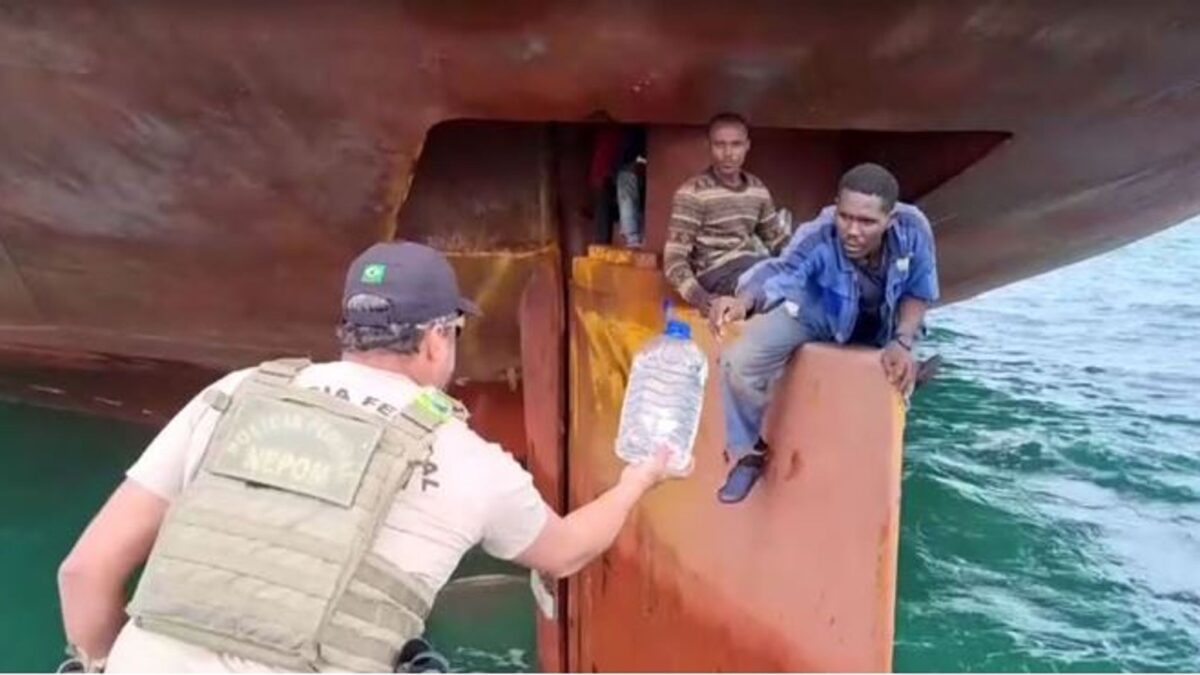
Findings by Shipping Position Daily have revealed a troubling rise in stowaway incidents in the Gulf of Guinea, with 143 cases reported in 2023 alone, resulting in significant financial losses of about $5.9million.
This is according to data provided by Africa Risk Compliance Limited (ARC) at the maritime security conference organized by MASPAN and AMANO last week in Lagos.
The analysis, presented by Vanessa Hayford underscored the growing challenges and financial impacts associated with stowaways in this crucial maritime region.
According to Hayford, stowaways are individuals who covertly board vessels without authorization from the Master or other responsible parties.
These individuals often hide within the vessel’s structure or cargo to evade detection. The discovery of stowaways, particularly after the vessel has departed, can lead to costly delays, complex logistical issues, and severe financial implications for the shipping industry.
She said the International Maritime Organisation (IMO) reported that in 2021/2022, there were 345 stowaway incidents globally involving 892 individuals, costing the maritime industry an estimated $5.9 million. This figure breaks down to an average of $17,100 per incident and $6,600 per stowaway.
These figures she said highlight the substantial economic burden stowaway incidents impose on the industry.
Turning to the Gulf of Guinea, Hayford detailed the region’s stowaway trends over recent years. “In 2021, the Gulf of Guinea reported 31 stowaway cases involving 88 individuals. This number slightly decreased in 2022, with 25 incidents and 71 stowaways.
“However, 2023 saw a sharp increase, with 35 incidents involving 143 stowaways. This rise in cases underscores a significant escalation in the challenge of managing stowaway issues in the region.
“Preliminary data for 2024 indicates a potential improvement, with 14 stowaway cases reported so far, involving 60 individuals. Notably, 9 of these cases were detected before departure, which suggests that ports and vessels in the region are becoming more effective at identifying stowaways before vessels set sail. Early detection is crucial as it helps mitigate the logistical and financial impacts associated with stowaways” she said.
She further emphasized that despite some progress, the data available is not exhaustive.” It reflects only reported incidents and may not capture the full extent of the stowaway problem in the Gulf of Guinea.
“The rise in reported cases highlights the need for continued vigilance and proactive measures to address the growing threat of stowaways.
“Stowaways employ various methods to board vessels, including sneaking on board during cargo operations, posing as stevedores with fake documentation, hiding in containers, bribing port workers, or using small crafts to access vessels at anchor. Common hiding spots include empty containers, cargo holds, tanks, and behind false panels, with the rudder being a particularly dangerous location due to its exposure to harsh conditions and lack of basic necessities” she stated.















